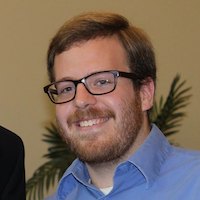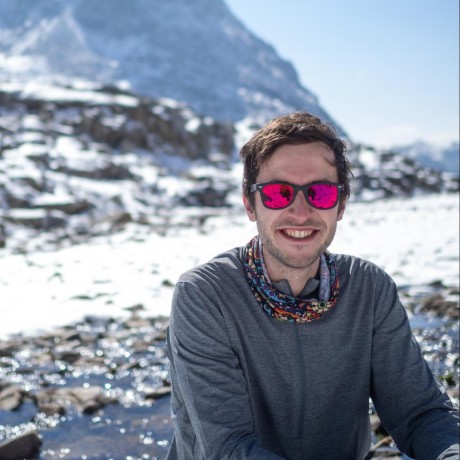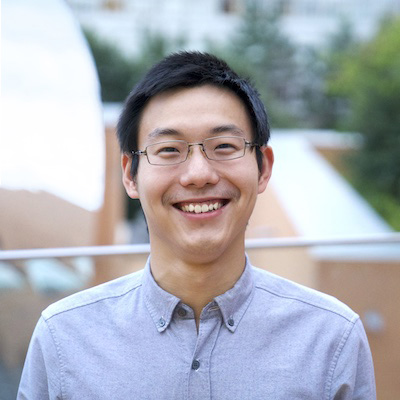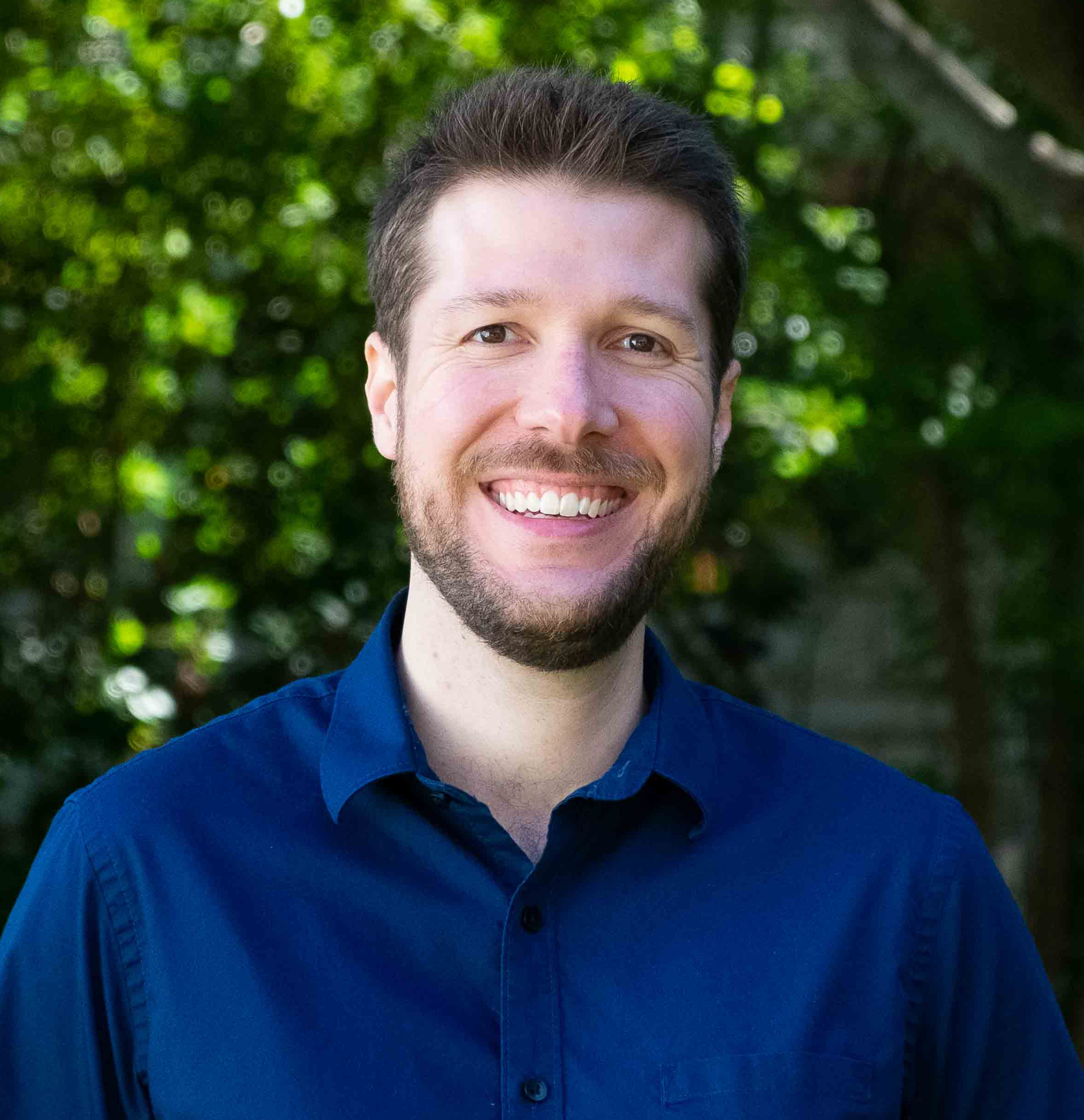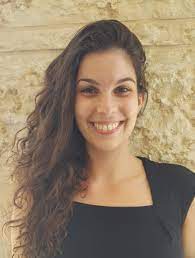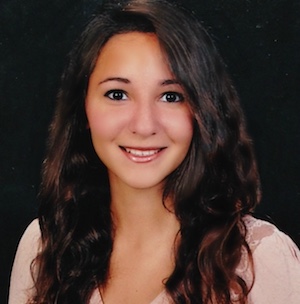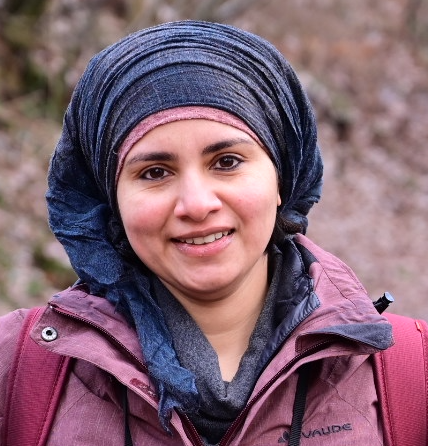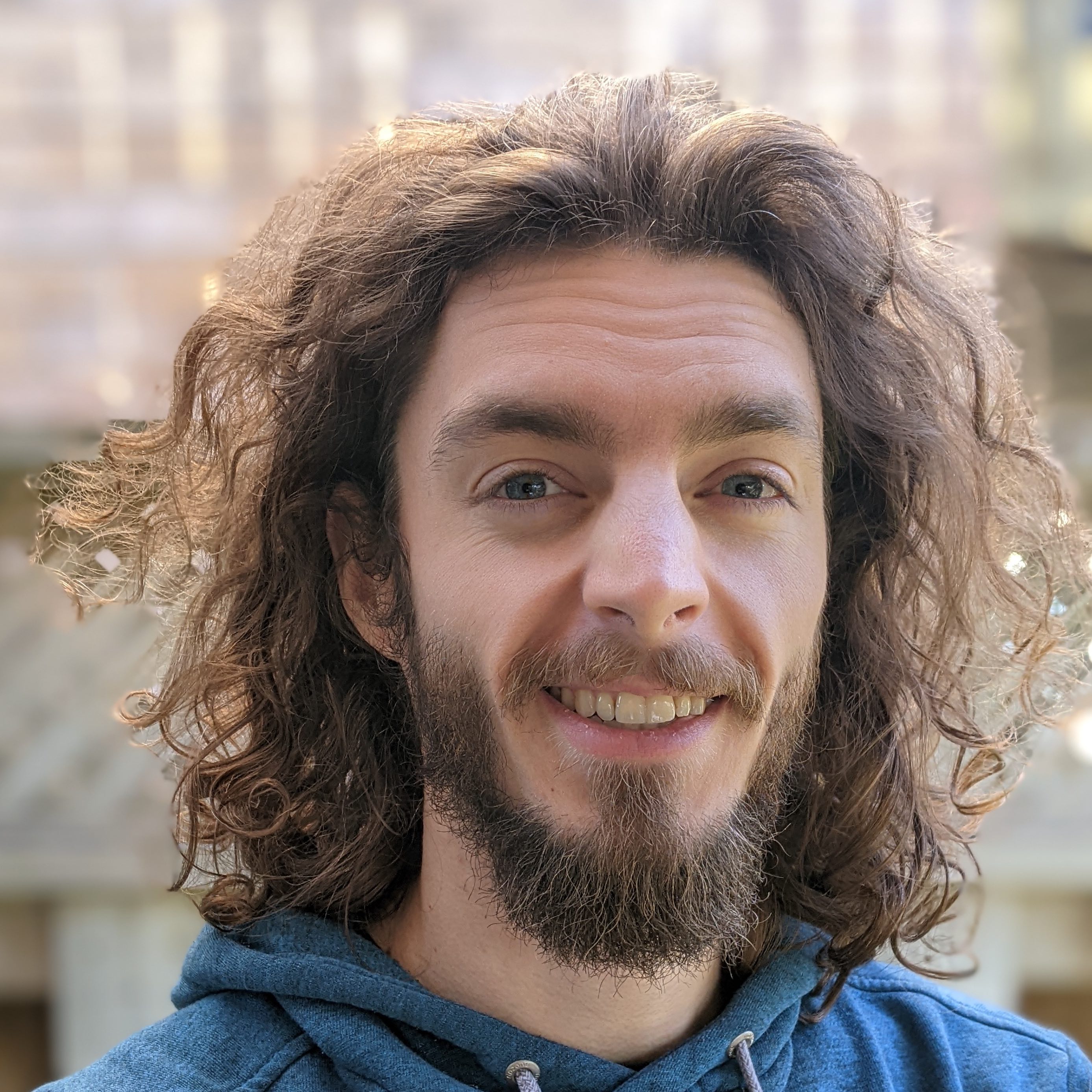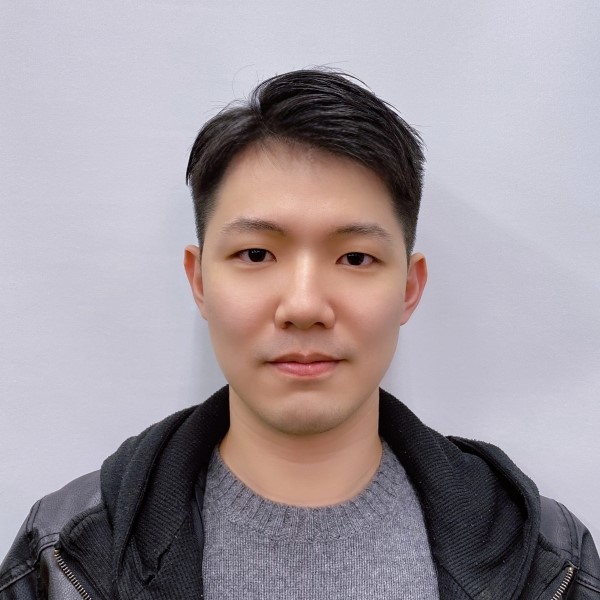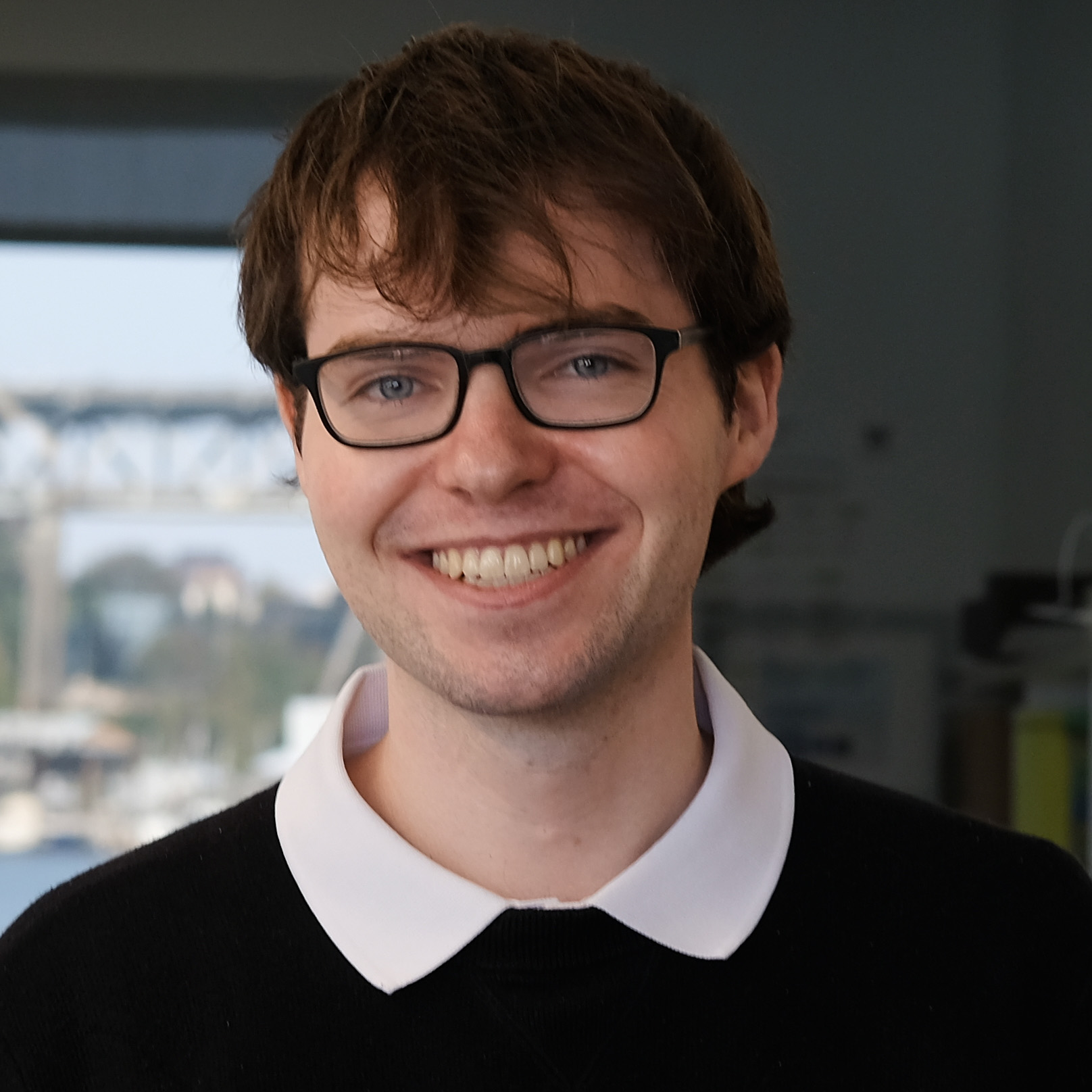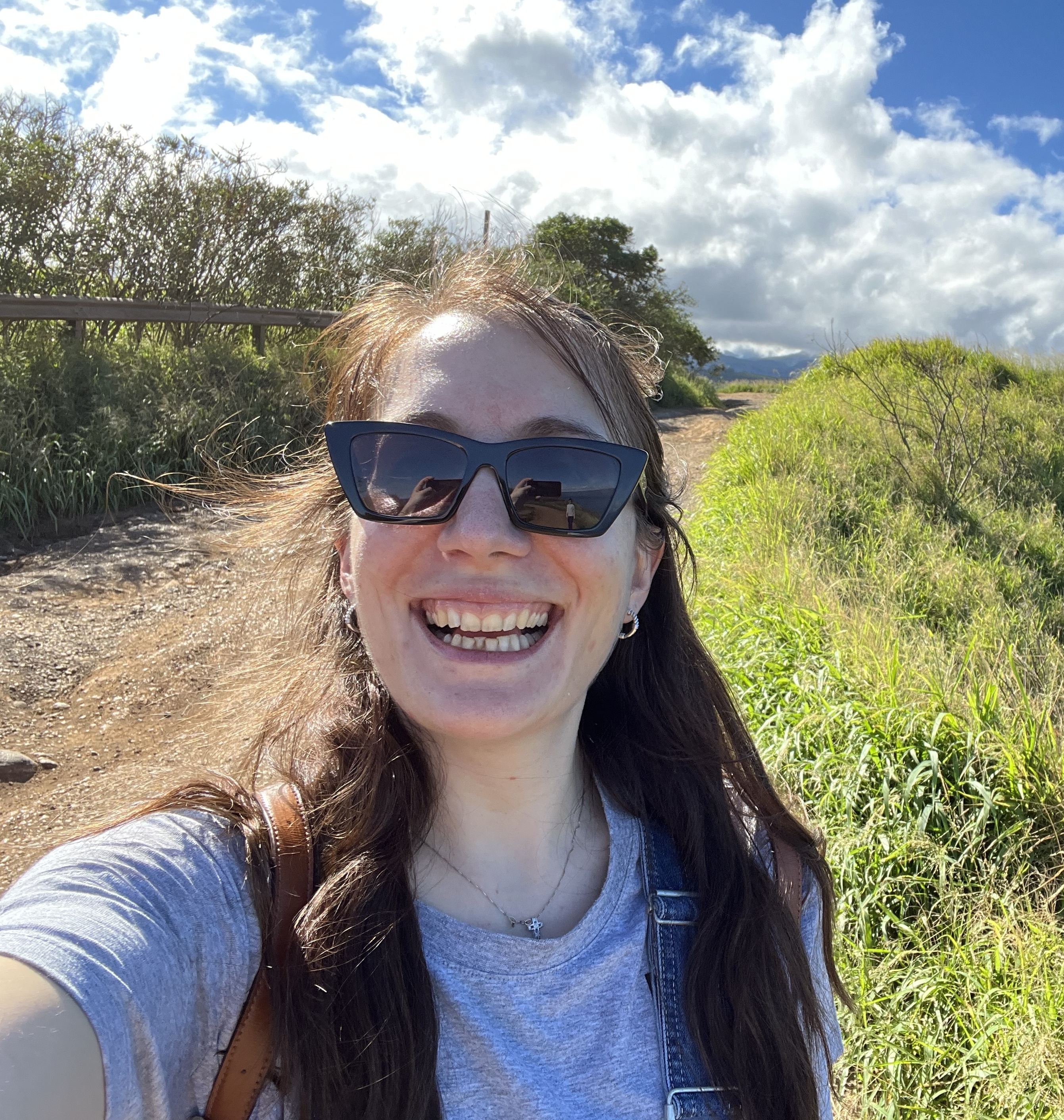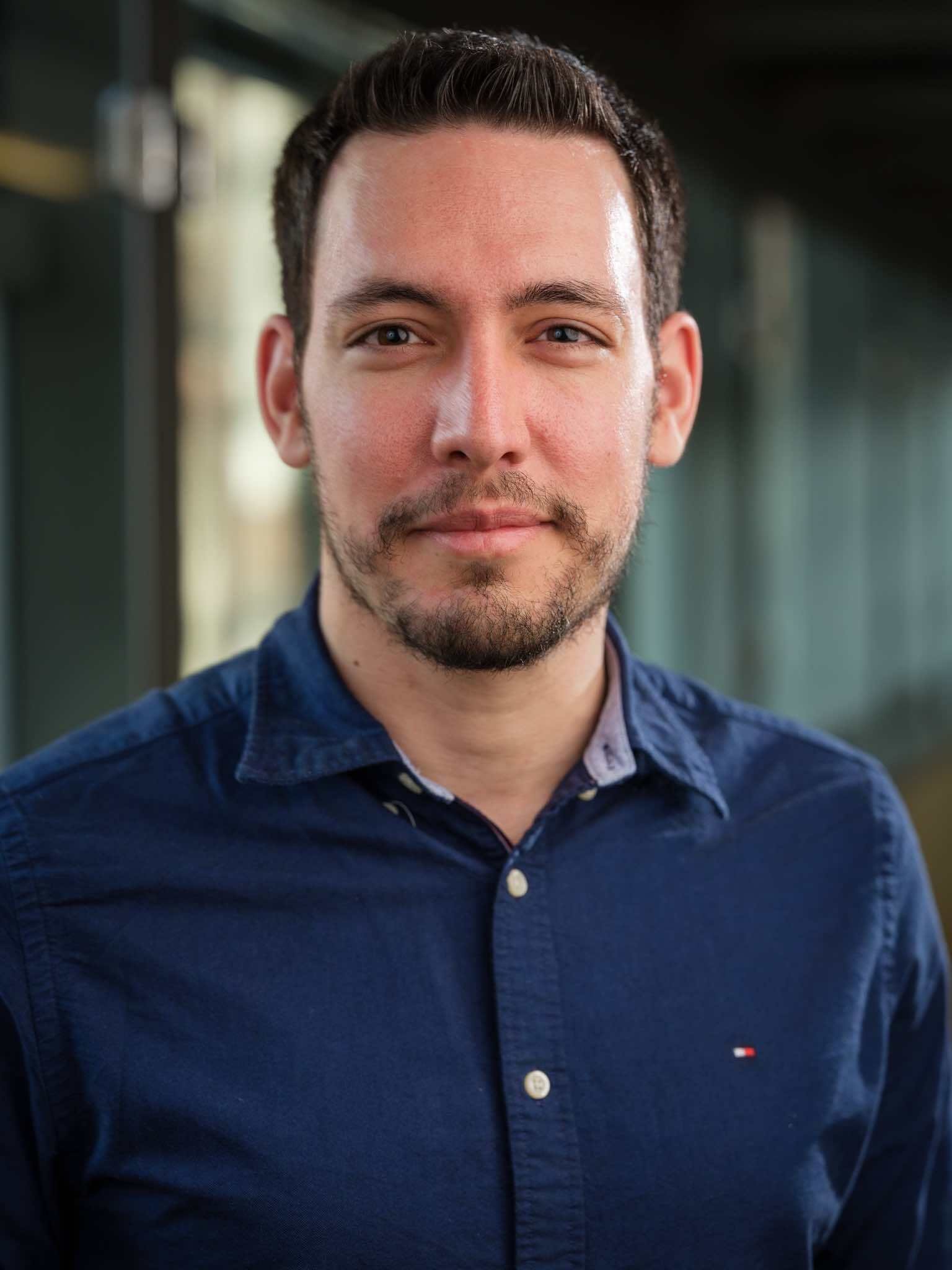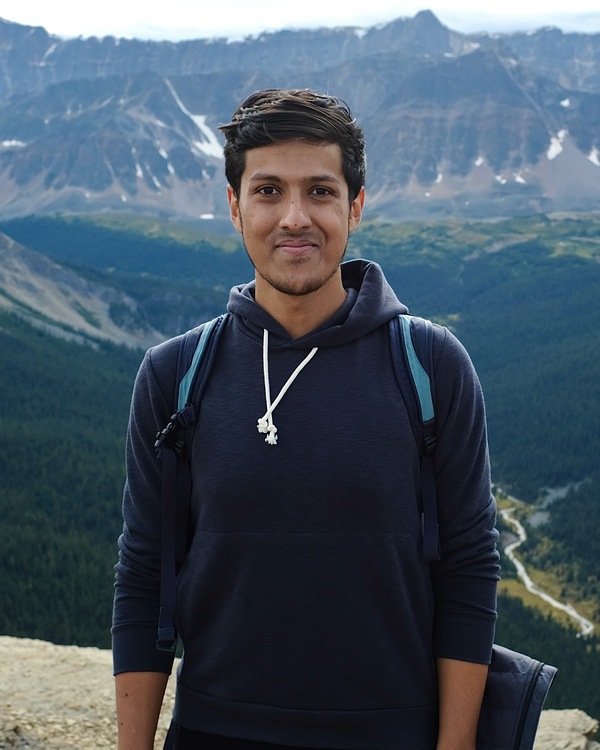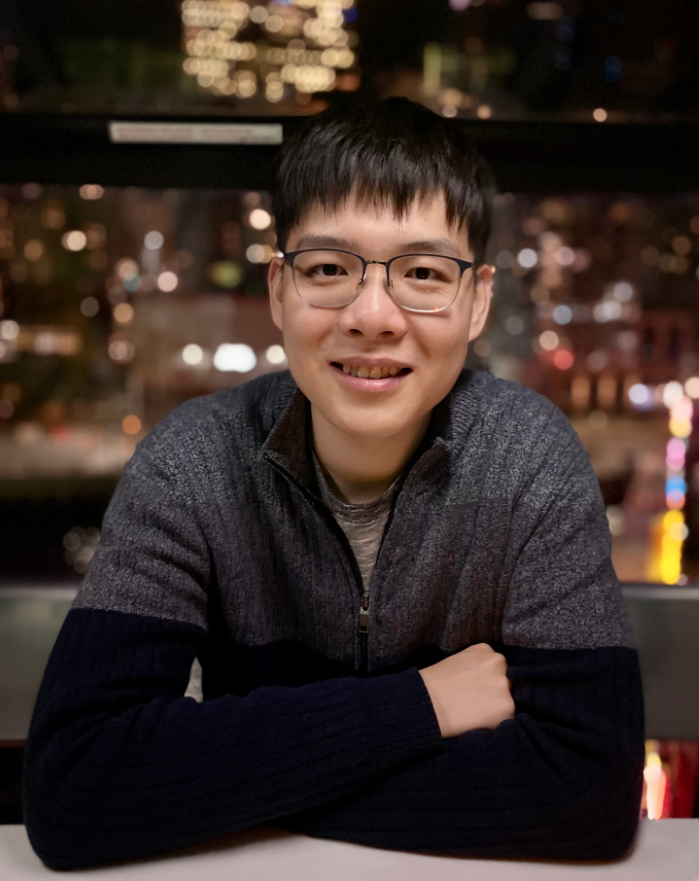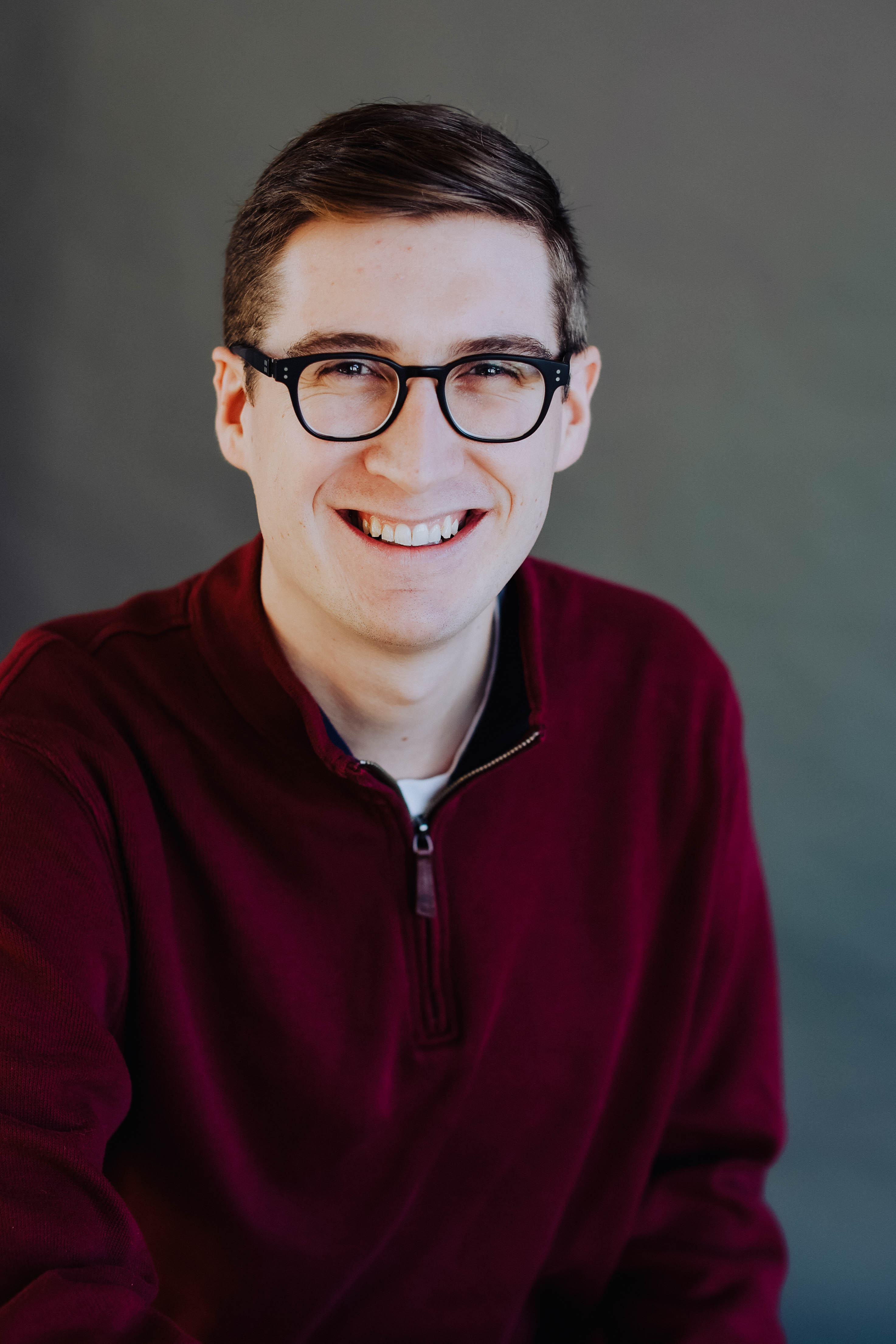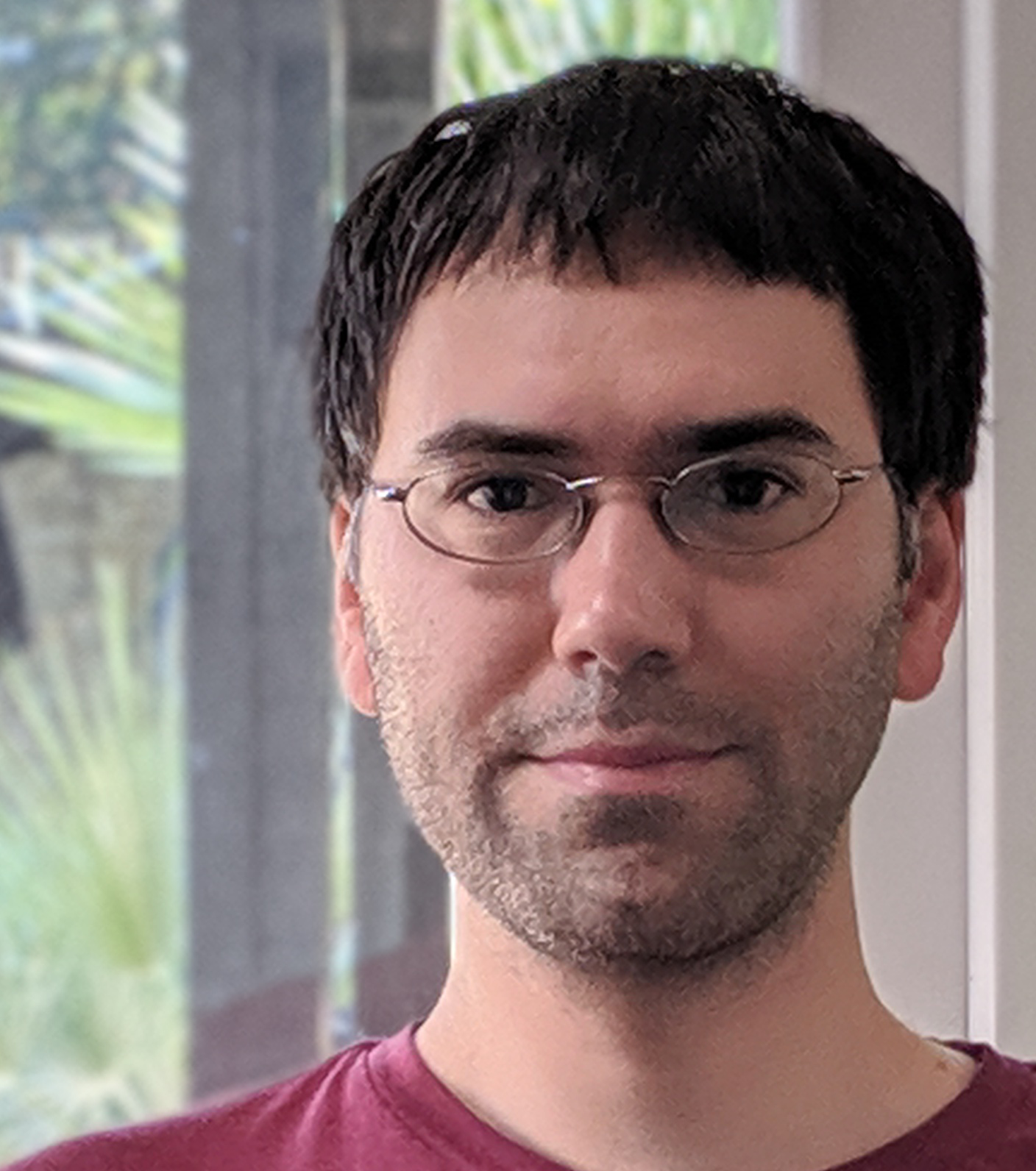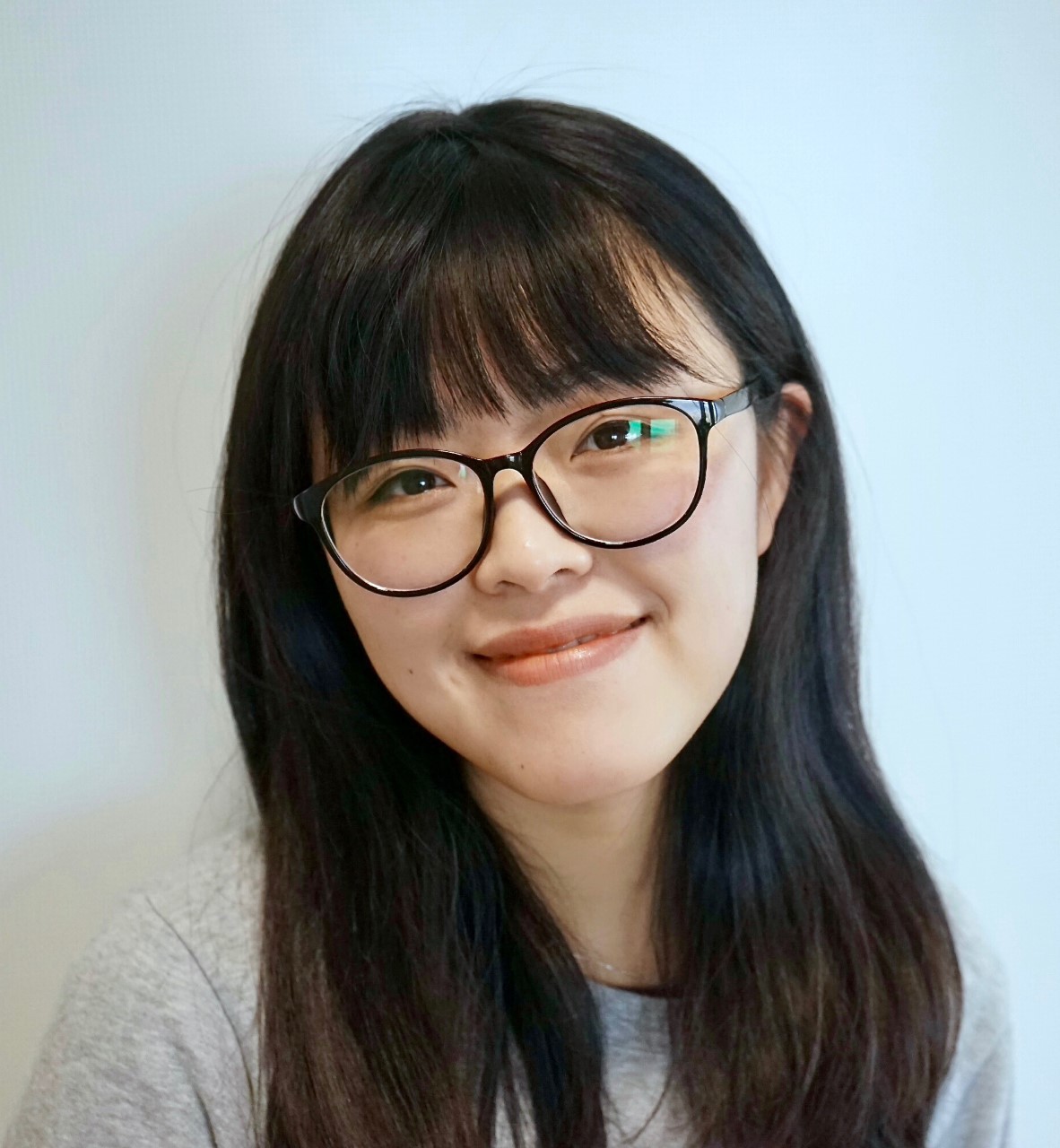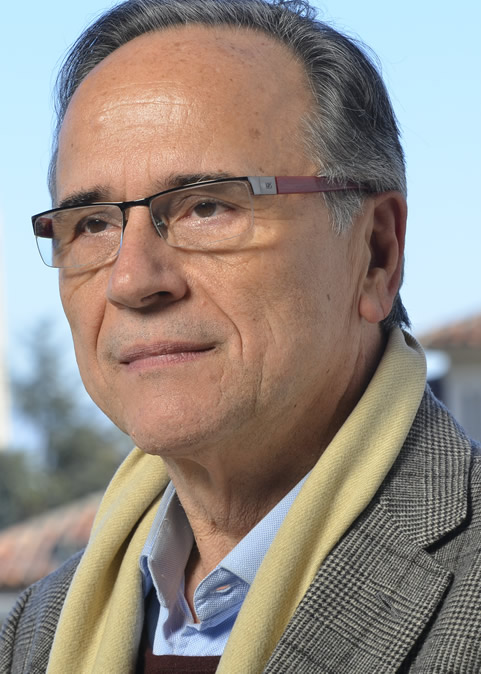Developing algorithms capable of generating realistic, high quality 3D data at scale has been a long standing problem in Computer Vision and Graphics. We anticipate that having generative models that can reliably synthesize meaningful 3D content will completely revolutionize the workflow of artists and content creators, and will also enable new levels of creativity through ``generative art". Although recently there has been considerable success in generating photorealistic images, the quality and generality of 3D generative models has lagged behind their 2D counterparts. Additionally, efficiently controlling what needs to be generated and scaling these approaches to complex scenes with several static and dynamic objects still remains an open challenge.
In this workshop, we seek to bring together researchers working on generative models for 3D shapes, humans, and scenes to discuss the latest advances, existing limitations and next steps towards developing generative pipelines capable of producing fully controllable 3D environments with multiple humans interacting with each other or with objects in the scene. In the last few years, there has been significant progress in generating 3D objects, humans, and scenes independently, but only recently has the research community shifted their attention towards generating meaningful dynamics and interactions between humans or humans and other scene elements. To this end, in our workshop we look forward to cover the following topics:
- What is the best representation for generating meaningful variations of 3D objects with texture and high quality details?
- What is the best representation to enable intuitive control over the generated objects?
- How to synthesize realistic humans performing plausible actions?
- How to generate fully controllable 3D environments, where it would be possible to manipulate both the appearance of the scene elements as well as their spatial composition?
- What is the best representation for generating plausible dynamics and interactions between humans or humans and objects?
- What are the ethical implications that arise from artificially generated 3D content and how we can address them.
